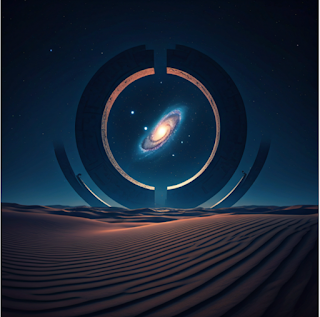Astronomers found the rare second-generation star in the Large Magellanic Cloud.
"The first generation of stars fundamentally changed the universe by fusing simple elements like hydrogen and helium into more complex ones within their cores, scattering these elements across space upon their death—elements that are now part of the Earth and living beings. Recently, scientists discovered a second-generation star from another galaxy, offering unique insights into the early elemental formation processes in galaxies beyond the Milky Way." (Wikipedia, Cosmic Oddity: Rare Second-Gen Star Found Beyond the Milky Way)
The old star is the thing that opens our knowledge of stellar formation. This scarce star formed from the first generation star's remnants. The particles that formed this second-generation star are from the first stars in the universe. That thing makes this distant star very interesting.
And it can broaden our knowledge about star formation. The old star in the Large Magellanic Cloud can also mean that there are other old stars in that galaxy. The old stars are also good points to start the search for alien civilizations. If we want to find a technically advanced civilization, we must find a star that is mature enough.
The star must have planets that have enough time so that civilization can create technology. That thing makes old stars interesting. And the thing is that those stars tell stories from the young universe. When we think that the Sun is a third-generation star.
We must ask when heavier elements formed. Were some of the first generation of stars formed those heavy elements, that metal-rich rocky planets require? Or did heavy elements form, not until the second or third-generation stars formed?
Heavy elements are necessary when the metal-rich large rocky planets form. The thing is that advanced civilization requires a solid-shell planet for life. The gas giants cannot maintain advanced lifeforms. Or those lifeforms must move to that planet from somewhere else. Old stars give a tip, on where we should aim our radiotelescopes if we want to find a mature civilization that could create some technical advances.
https://scitechdaily.com/cosmic-oddity-rare-second-gen-star-found-beyond-the-milky-way/




Comments
Post a Comment